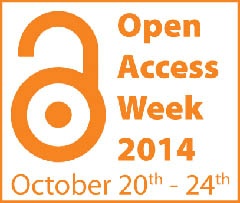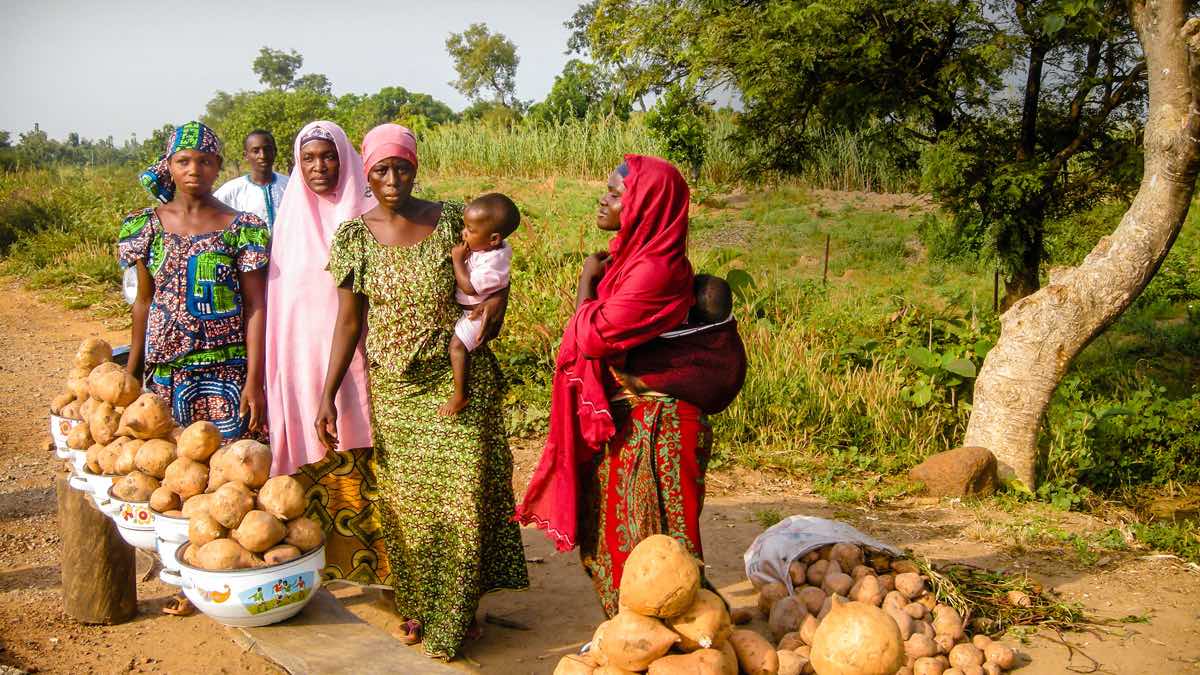The following story by Luz Marina Alvaré, Head of Knowledge Management at IFPRI, highlights IFPRI’s commitment to Open Access as part of Open Access Week 2014 (October 20-26).
IFPRI has been committed to the core principles of the Open Access movement since the time of the institute’s creation in 1975. All materials published by IFPRI are considered international public goods and, to date, over 5600 publications have been made freely available to all. The 1995 launch of the institute’s website led to many of its products being available electronically and, as technology developed, IFPRI’s institutional repositories allowed for the open sharing and harvesting of publication metadata from other organizations and online repositories. IFPRI researchers, along with the Communications and Knowledge Management Division, are committed to making all IFPRI authored publications, including those published in peer-reviewed journals, OA. The institute’s knowledge repository currently contains over 300 Open Access journal articles and book chapters.
Open Access plays a key role toward ensuring that critical research results are accessible to everyone, which allows for informed decisions to be made more rapidly. Today, IFPRI continues to promote expanded Open Access to its research publications and journal articles, lending particular attention to materials that discuss epidemics and how they affect food security in light of the current Ebola crisis. Many other bodies are also drawing attention to the positive impact OA is having on the current crisis including the National Library of Medicine (NLM), which has activated the Emergency Access Initiative (EAI) (a partnership of the National Library of Medicine, the National Network of Libraries of Medicine, and the Professional/Scholarly Publishing Division of the Association of American Publishers and other publishers) to support healthcare professionals working on the Ebola public health emergency. Additionally, Peter Suber recently published a post on how Harvard’s University’s Open Access policy is making a difference in West Africa.
In an effort to remove barriers to information, IFPRI has facilitated easy access to its research on several frequently searched topics including:
IFPRI Open Access Sites for Publications, Data, Knowledge Products, and Tools







